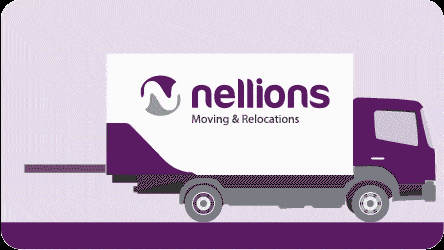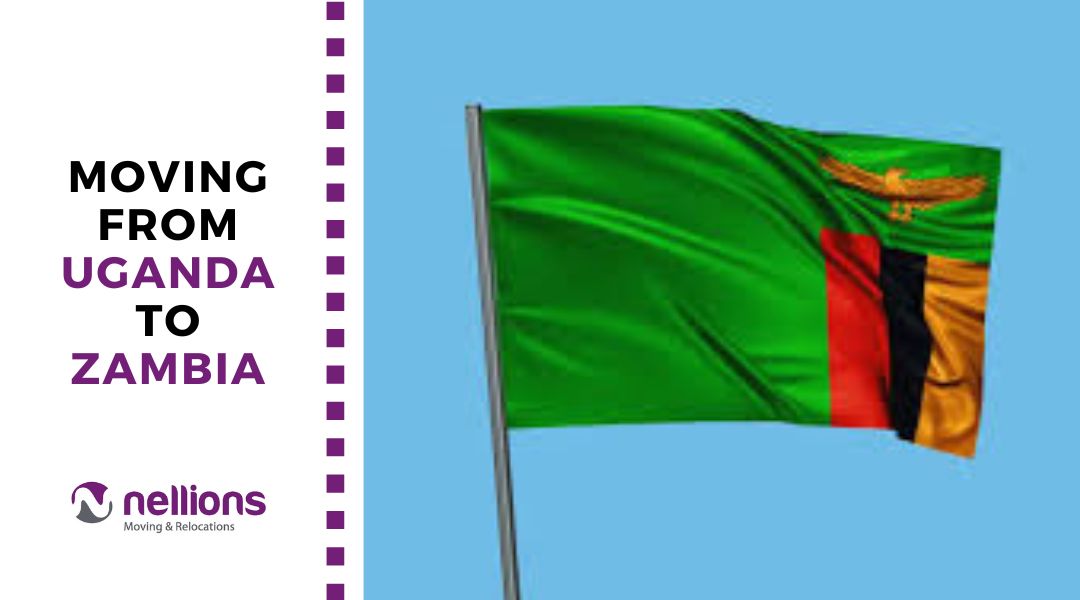Do you know how to move from Uganda to Zambia? This can be daunting, especially if you’re shifting alone and have no one to help you with preparations. There are many reasons why people shift from one country to another. Some leave their home because of political problems and insecurity, while others leave simply due to financial reasons or want to improve their lives.
Because of your professional skills, you will have to relocate to Zambia or settle down in the country for some time. The most important thing is to examine your needs before you move so that there is no confusion about what you need in Zambia, which city would suit you best, and so on. You should also prepare yourself for the long-term long term.
While some nations welcome migrants with open arms, there are also instances where they are treated with suspicion. This amazing article will discuss some of the things that you may encounter when relocating Uganda Zambia

1. Foreigners Must Get Their Employment Permits Approved Ahead of Their Shipment’s Arrival
If you’re relocating to Zambia, you’ll want to know about the tax and duty-free entry for household goods and personal effects. Foreigners can bring household items without paying any import tax or duty. However, Zambians must hold a work permit before their household goods arrive.
The government issues employment permits for foreigners who enter the country to take up employment for longer than six months. Employment permits can be extended for various periods, up to 10 years.
To qualify for an employment permit:
- The Zambian government or a statutory body must employ you.
- Employed by the private sector, NGO, or a religious organization (volunteers also qualify).
- Your spouse or child (when over 21 years) can also apply for an employment permit if he/she works in your family business.
All applicants for employment permits must remain outside Zambia until their permit has been approved.
Only an employer, an immigration consultant, or a practicing lawyer can apply for employment permits on behalf of prospective expatriates. Individual expats are not permitted to do so on their own.
While employment permits in Zambia authorize holders to enter, re-enter, and remain within the country until their permit expires, first-time applicants must still apply for a visa to collect their permits.
New applications for employment permits can be made through the Zambian Immigration e-Services portal.
Goods must be imported within six months from the date of issue of the Employment permit, or they will be subject to taxes.
2. Foreign Diplomats Need a Diplomatic Franchise
Foreign diplomatic passport holders can bring household goods and personal effects into the very country without paying taxes or duties. This privilege, however, is granted after they have personally registered with the Department of Foreign Affairs.
You might be surprised to learn that foreign diplomats must possess several documents before shifting to Zambia. These include:
- A Diplomatic Franchise/Protocol—this is obtained from the Ministry of Foreign Affairs
- A certified copy of their diplomatic passport
- A packing list in English (listing all items, including the value)
- Power of Attorney giving the Destination Agent authority to arrange customs clearance
- Letter of introduction (from the Mission, government, or international organization)
The clearance process for diplomats can take between 3 and 5 days, depending on the customs systems. This will depend on whether or not they have any special requirements to be met before they can enter Zambia.
Nonetheless, you must submit all clearance documents from the Mission the diplomat is serving at least ten working days before the truck arrives at the border. Otherwise, additional charges apply.
3. Returning Residents Must Provide Proof of Residence/Working Abroad
Zambians returning to the country must have proof that they had lived or worked abroad to qualify for tax and duty-free entry of their household goods and personal effects.
Qualified proof of residence abroad can include an employment contract, termination, or retirement letter. The proof must show that the returning nationals have lived abroad for at least two years if their belongings qualify for tax and duty-free entry.
Like most expatriates, returning Zambians must have owned and used their goods for six months to bring them back into the country. Items newer than that are subject to import duties and taxes, plus VAT.
4. Returning Zambian Diplomats Must Provide an Original or Certified Staff Recall Letter
Diplomats returning to Zambia must submit an original or certified staff recall letter and a transfer letter if they’ve been transferred from one Mission to another before their final recall to Zambia.
Suppose you are a recalled Zambian diplomat relocating from Uganda to Zambia. In that case, you will need to prepare several documents before your household
goods, and personal effects arrive in Zambia.
The following must be included:
- Original diplomatic passport
- Original or Certified Letter of First Appointment into Foreign Service
- Individual Taxpayer Identification Number (TPIN)
- Packing list in English (without any abbreviations whatsoever)
- Valued inventory list in English
- You may also want to include the following:
- Signed and dated (by the owner) declaration of value for customs purposes
All documents must be certified by the Legal Department of the Ministry of Foreign Affairs to be considered legal.
If goods are not imported within six months of a diplomat’s return date, the Ministry of Foreign Affairs may charge tax on those items. It will not handle these duties and taxes unless responsible for a shipping delay.
Diplomats can bring two luggage containers when they return home, regardless of size. In addition, motor vehicles and household effects imported by returning Zambian diplomats are not duty-free.
The Zambian Ministry of Foreign Affairs is responsible for paying the appropriate duties and taxes on behalf of returning diplomats in the form of government vouchers.
As a result of the recall of diplomats, all shipments for returning or recalled diplomats must now go to Lusaka for onward delivery. These shipments can be inspected at random.
5. One Must Attend a Customs Interview in Lusaka in Person Before Goods Arrive
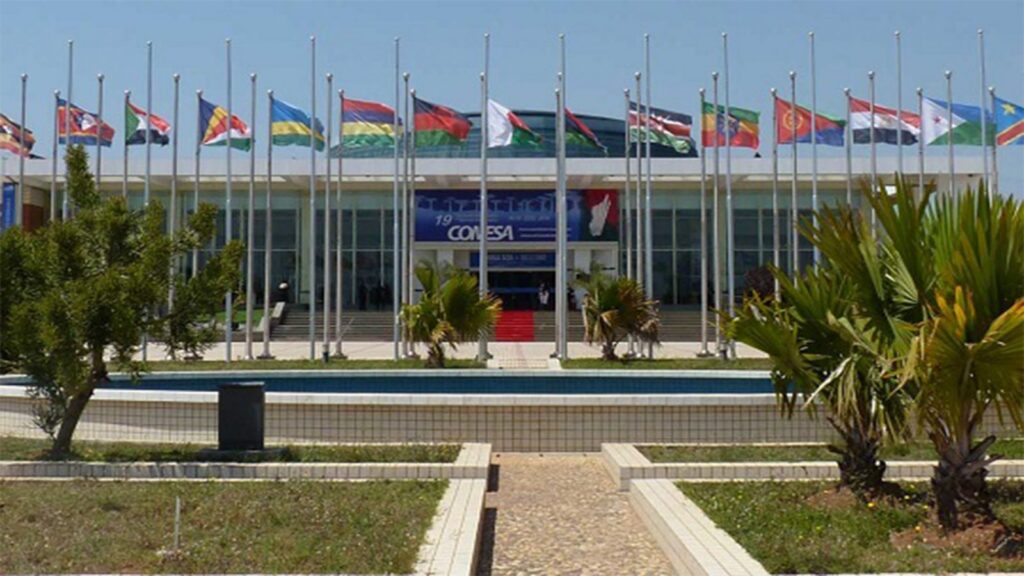
The Zambia Revenue Authority requires all returning residents, citizens, new expatriates, and some returning diplomats who are not involved with the Ministry of Foreign Affairs to attend interviews at their offices.
Customs offices conduct interviews to import household goods and verify duty-free clearance.
You’ll be required to present these documents at the interview:
- Your original passport will be required for the entire visa process.
- The work permit is for new residents only.
- You can also bring your vehicle documents with you from your home country as long as they have been valid for at least two years before coming to Zambia.
- An employment contract to work outside Zambia is required if you return to Zambia after living abroad.
- A letter of separation of employment or termination of the contract is required if someone has already left Zambia to return home because they no longer have any affiliation with the company they were working for in Zambia.
After you have your documents stamped by the customs office, you will have copies of them stamped after the interview so that your TPIN can get activated for rebate clearance and to enable clearance registration on the customs system.
6. You Don’t Have to Go to the Border During Customs Clearance
While you must attend a customs interview in person before your household goods arrive in Zambia, they won’t need to see you at the border for customs clearance.
You must clear your household goods and vehicles separately at the border.
Please remember you cannot sell, lease, or otherwise dispose of the household goods you bring into the country during your stay.
Extra Tip: Please ensure you don’t sabotage your move before your goods arrive at the border.
7. Importers Must Be Registered with Zambia Revenue Authority
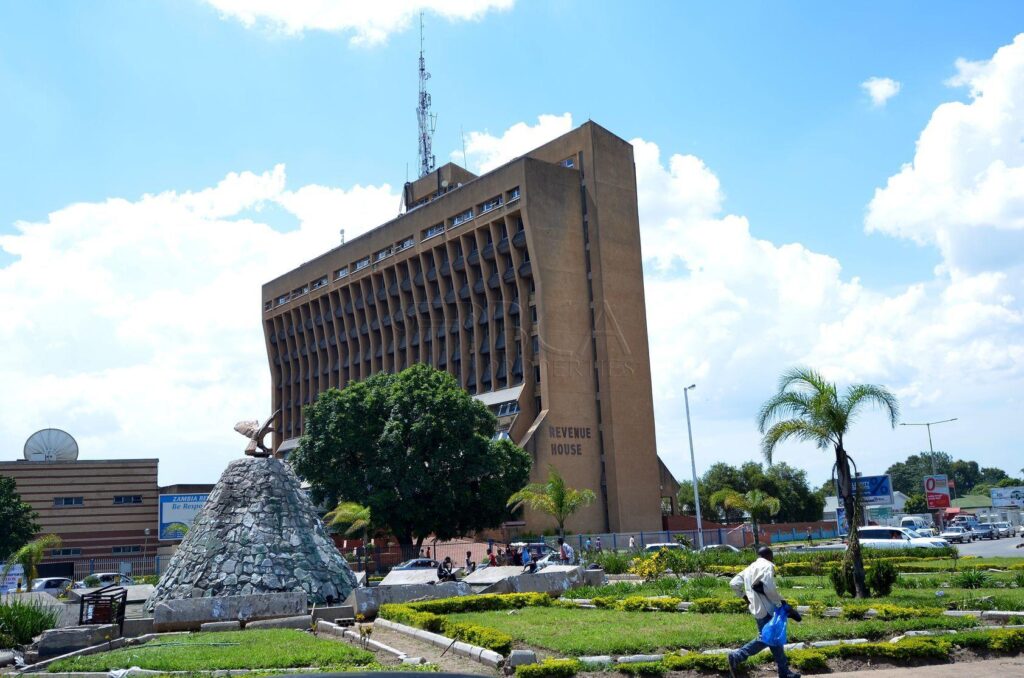
When shifting your house, you want to do business with a reputable company registered with Zambia Revenue Authority. This is why choosing a professional mover with a good network is important.
It can take up to 40 days to receive a free entry certificate. You should ensure all required documents reach your agent within 20 days of your shipment.
If you do so, your employer can obtain a certificate of free entry from the Customs Head Office and thus avoid paying detention charges for your shipment as it awaits clearance at the border.
shifting from Uganda to Zambia is a big step. You’ll need documents and information to get to your new home. Here’s what you need to furnish your shifting company for your move to Zambia:
- Certified passport copy showing entry date into Zambia (original may be required)
- Certified copy of Residence Permit or Employment Permit (temporary work permits are unacceptable)
- Original Bill of Lading
- Comprehensive valued inventory
- Pack list in English (Abbreviations are not permitted)
- Power of Attorney giving Destination Agent authority to arrange customs clearance
- Letter from employer attesting to an employment contract
- TPIN/Tax Identification Card obtained from ZRA Advice Center
You must remember that document copies, passports included, must be certified by the Zambian High Commission in the country of origin (Uganda) or by a Commissioner of Oaths.
8. There’s No Age Limit on Vehicles Entering Zambia
Zambia has not established an age limit on vehicles that can be imported into the country. However, a dumping fee of US$300 applies to models above five years old.
If you’re shifting from Uganda to Zambia, you may want to import a motor vehicle which can include a car, caravan, motorbike, quad, trailer, or boat. You’ll need:
- A certificate of registration or certificate of ownership,
- A purchase invoice or letter of sale in English,
- latest valuation certificate, and
- Police clearance certificate. You’ll also need a certified copy of your passport showing your departure and return date.
If you’re returning to Zambia, your diplomatic clearance needs to be completed by the diplomatic representation and countersigned by the Department of Foreign Affairs in Zambia.
In addition, vehicles belonging to returning Zambian diplomats must be cleared in Lusaka only after the Department of Foreign Affairs pays the duties and taxes due on them through government vouchers.
Since issuing such vouchers can take up to 3 months from the date of entry (no vehicle may be cleared before the voucher is issued), Zambian diplomats returning home will have to arrange for their vehicles to be removed in bond at the border. Extra bond fees will apply.
New residents and returning Zambian citizens who have lived abroad for more than two years can import one motor vehicle without paying duty or tax as long as they own it before arriving in Zambia.
Foreign diplomats can bring in a maximum of one motor vehicle duty-free and tax-free per diplomat (per household).
9. Shifting from Uganda to Zambia is Normally Done Via Road
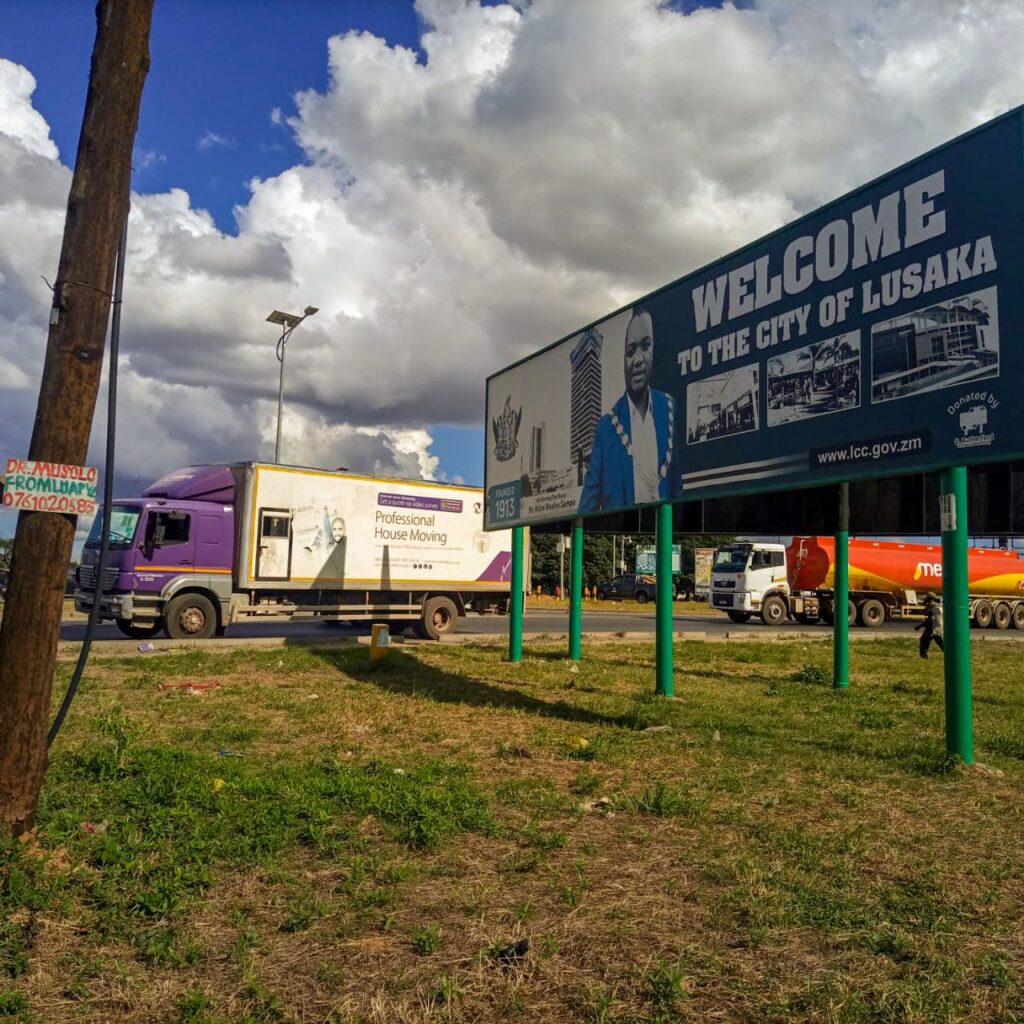
Given that Zambia is landlocked, the move from Kampala, Uganda, to Lusaka, Zambia, is usually done by road, which usually takes around 38 hours.
The shipment will travel through Tanzania and enter Zambia at the Zombe border.
Because of the distance involved, road transportation can be a little rough. Shrinkwrapping furniture is generally not a good idea in this case as it doesn’t provide adequate protection against impact. Instead, goods should be very well packed.
Certain rules apply when you move your fine art, for example, or the special clothes you might have that you aren’t donating. Engage professionals who can help you ensure these rules are followed and that your belongings arrive safely at their destination.
Conclusion
There’s nothing quite like shifting from one country to another, and relocating is especially difficult when you’re a young adult in your 20s. Still, it’s something that we’ve all done before, and the prospects of changing the location of where you live are always exciting. Relocating to a place that isn’t your own has its pros and cons, but it will probably be worthwhile in the end.
No matter where you live, the most important part of relocating Uganda Zambia will still be the things you should do before you finally leave home behind. Make sure to get your affairs in order, such as changing your will, getting your affairs in a local or national office, and transferring all your debts.
But as far as relocating Uganda Zambia is concerned, there are a few things that you must know before you leave. Luckily, this article has outlined the nine things you should know when shifting from Uganda to Zambia.
